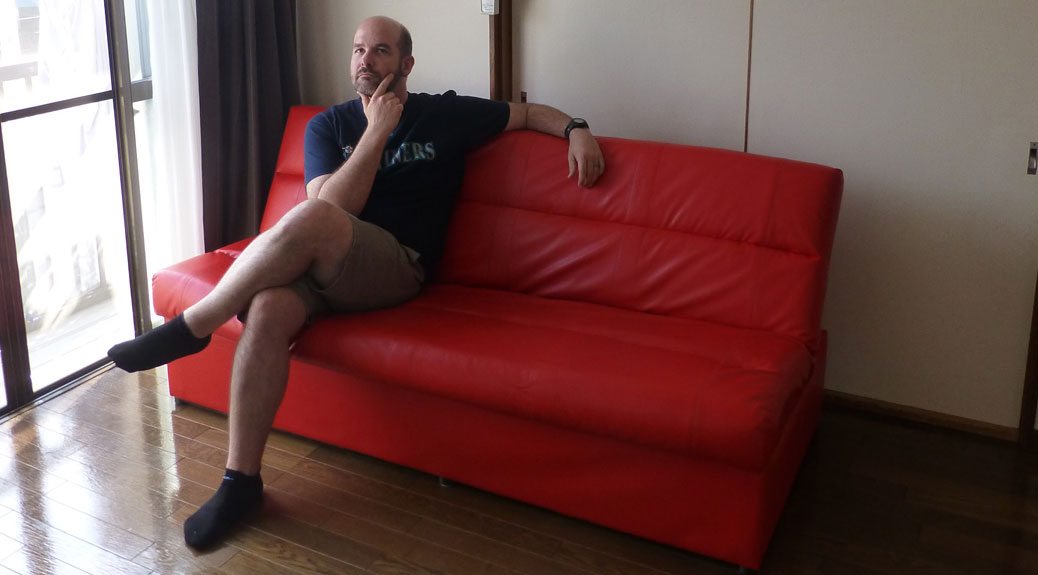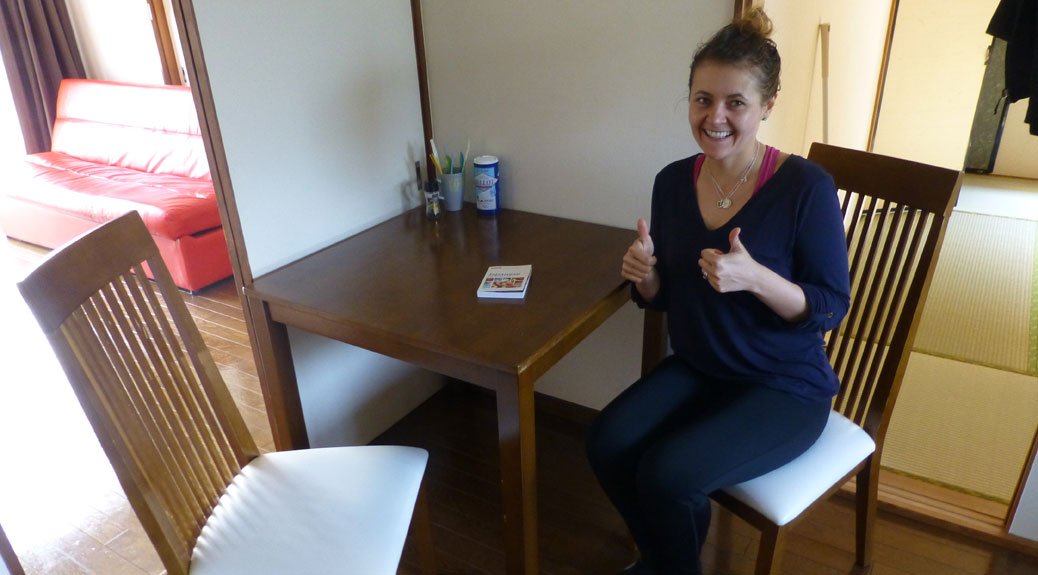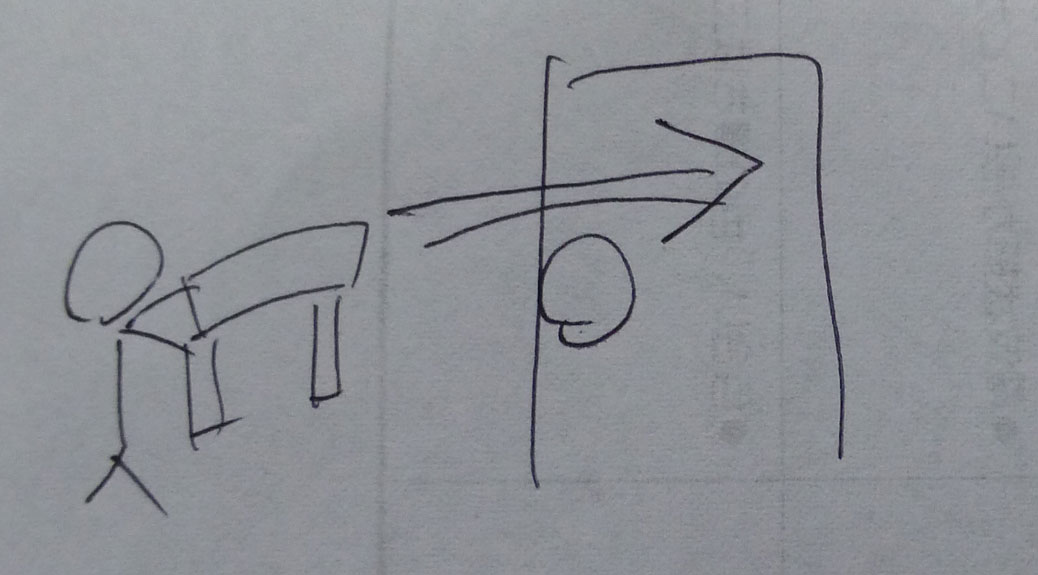Trust is a tricky thing. It can be earned, lost, regained. But most importantly, it can be given.
In an environment where you can’t read, speak, or understand the language, you find yourself putting a LOT of trust in strangers to guide you in the right direction.
For example, we just purchased a couple pieces of furniture from a great second-hand/factory store called Treasure Factory. Since they were larger pieces, we needed to schedule delivery. We’ve got the purchase thing down pretty well, but delivery was new.

Most conversations go something like this: We say something in partial Japanese, but mostly English. The clerk replies in mostly Japanese with a couple English words. We all laugh nervously with puzzled looks on our face, but eventually work our way through with a series of wild hand gestures, pointing, and more broken non-native language.
The fine folks at Treasure Factory had the added challenge of explaining a form required for delivery. The clerk had just enough English to explain that there were no returns and that we accepted the items as-is. There was also a mystery box that, after a few minutes of trying to describe its meaning, the clerk suggested “just check.” We agreed that would be the best course of action.

This transaction included a wonderful round of Pictionary as the clerk expertly drew, and we successfully guessed, “we agree the delivery person will be able to actually get this massive piece of furniture into your little home.”
We checked that box, not knowing whether or not they’d actually be able to maneuver the furniture up our narrow staircase and right-angled doorway. Watching the delivery guys work was like a life-sized game of Tetris as they twisted, turned, and flipped the furniture into our apartment.
We’ve also accepted the challenge of directions without a smartphone. This usually requires asking strangers on the street where places are located on a zoomed-out printout of a Google map. “Kore wa doko desu ka,” or “where is this?” has become a useful tool in our language toolbox.
On our search for the Kawagoe International Center, the question was met with a response in English! The wicked native tongue never sounds as sweet as when you’re lost. The man was originally from Egypt and spoke English and Japanese equally well. He took a few minutes to actually walk us to our destination and show us a shortcut out of the bustling Kawagoe Station.
The patient and helpful nature of our new neighbors continues to impress me everyday. Whether it’s someone on the street or a fellow shopper at the grocery store, we’ve yet to be brushed off when asking for help and usually it is offered before we have to ask.


I experienced the same thing back in the 50’s and 60’s that you are today. I guarantee you are going to have a lot of friends before it is time to leave and the language will be pretty fluent too.
So awesome!